Ricky Gervais has written his follow-up to his “Why I’m an Atheist” article, and it’s called
The title of this one is a little misleading, or at least cryptic. I am of course not a good Christian in the sense that I believe that Jesus was half man, half God, but I do believe I am a good Christian compared to a lot of Christians.
It’s not that I don’t believe that the teachings of Jesus wouldn’t make this a better world if they were followed. It’s just that they are rarely followed.
Gandhi summed it up really. He said, “I like your Christ, I do not like your Christians. Your Christians are so unlike your Christ.”
I have always felt this way, even when I believed in God, and in a weird way I feel I am still a pretty good “Christian” who doesn’t believe in God.
I doubt my behaviour differs greatly from people who call themselves Christian, except for all that babbling to imaginary people. I think I’m a pretty solid person who tries to do good things, help others, and so forth, like most everyone else.
And since this behaviour is common to Christians and non-, why call it ‘Christian’? Why not call it ‘human’? Christians aren’t getting their morality from the Bible, with its approval of slavery, misogyny, and child abuse — they’re good because of their innate moral sense, just like everyone else. Humans, as social beings, needed to evolve a sense of ‘morality’, involving social reciprocity, empathy, and fairness. Only after that had been in place for tens of thousands of years did religions then co-opt it for their own ends.
So I think Ricky Gervais is giving Jesus — and Christianity — too much credit.
Jesus was a man. (And if you forget all that rubbish about being half God, and believe the non-supernatural acts accredited to him, he was a man whose wise words many other men would still follow.) His message was usually one of forgiveness and kindness.
Well, usually, except that bit about being tortured in hell forever. With real fire. Jesus said this kind of thing not just once, but over and over. Not even the Old Testament threatened the dead with eternal torture. That doesn’t come across as very compassionate to me, so I guess I wouldn’t be a very good Christian.
Jesus also taught that his system had to come first, even ahead of your own family. If there was a conflict, you were to hate your mother and your father. Imagine how much ostracism that’s caused. I wouldn’t demand that of my followers. That’s the kind of thing a cult leader would do.
I’m not racist enough to be a Christian, either. One time, a Canaanite woman asked Jesus to heal her son from demons, and he called her a dog. (He later relented, but never apologised.) He seemed to be okay with women generally, but not that time. Tone it down, dude.
He even cursed a fig tree for not bearing fruit. And figs weren’t even in season! I don’t care for figs that much, so I probably wouldn’t get that worked up over it. Fig newtons are quite nice. If I had the power like Jesus was supposed to have, I’d make the tree bear fig newtons, but I wouldn’t curse it. How are you going to get any figs that way? Geez.
So I guess I’d be a terrible Christian, unless I were cherry-picking all the nice things Jesus said. But if you’re going to select things that already agree with your moral sense, why not skip Jesus and use your moral sense from the beginning? For most people, that’s better than Jesus to start with.
I guess I should cut Jesus some slack. Maybe if he existed, he was an okay guy, and people just made up all those stories about him. But the way it’s written in the Bible, Jesus was a jerk. Good Christian? Christians are good in spite of their Jesus, not because.



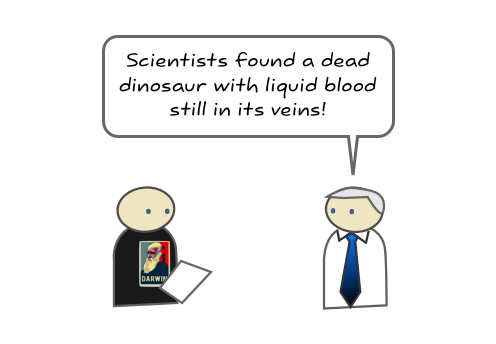



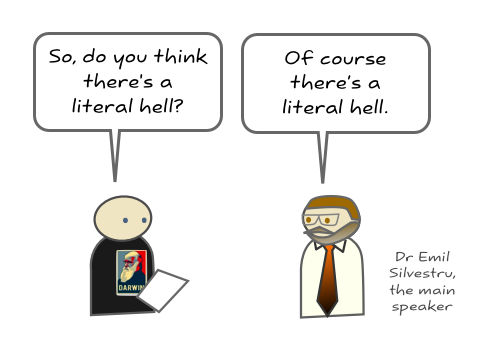
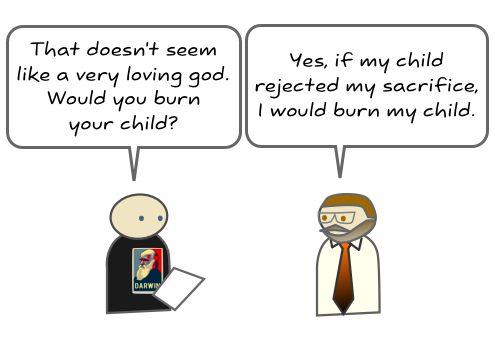

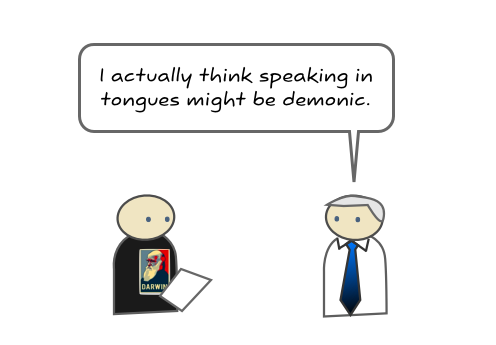




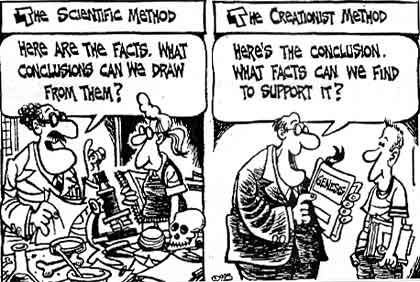

Recent Comments